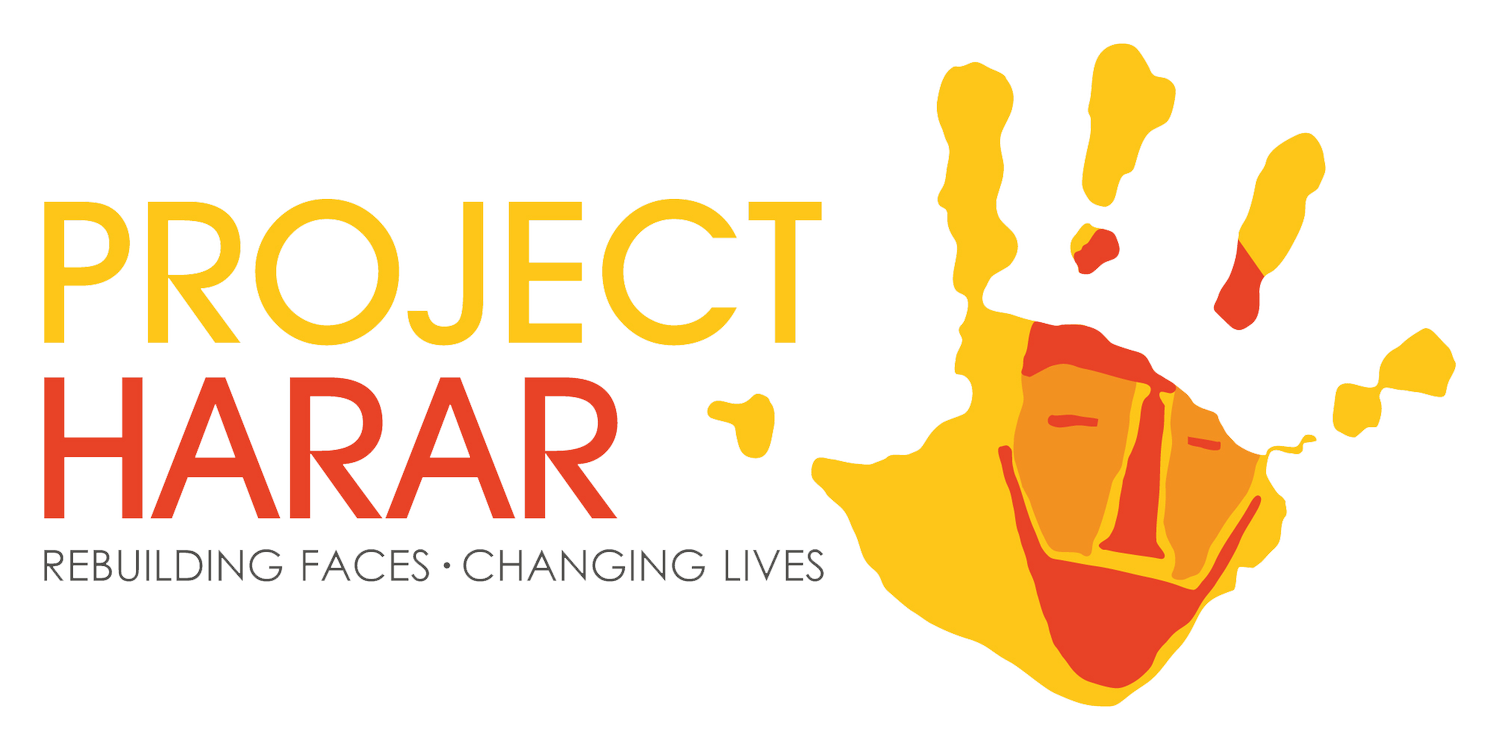Our Impact
Since 2001, we have provided access to treatment for more than 8,000 patients with cleft, lip or palate and complex facial disfigurements. We are now providing access to life-changing treatment for more than 1,000 cleft, lip or palate patients and 50 complex conditions each year.
Our Impact:
Stigma: Many children with facial disfigurements are ostracised by their communities, and most of our young patients are denied their right to a school-place. Just a simple operation for cleft completely transforms a life. Our patients return to their villages empowered to take their place at school, grow up alongside peers, and in time to have their own family. Read about our previous patients here
Complex Surgical Mission: Once a year we coordinate a group of UK and international medical volunteers to operate on some of the most severely facially disfigured patients (ranging from tumours and noma to hyena attacks and other complex facial conditions) from across Ethiopia. We aim to treat around 50 patients who come to us having experienced isolation and discrimination. The transformation both physically and mentally after surgery is really remarkable. Since 2011, we have provided surgery for more than 500 patients. In 2017, we carried out a thorough review of our previous patients to find out how one operation could change their lives - seeing them thriving in their community is truly special. Read more about our review mission here. During our annual complex mission, our medical team also helps to build the capacity of local surgeons, doctors and nurses through the exchange of ideas, skills and practices.
Nutrition: Babies with a cleft lip and palate can become severely malnourished as they are unable to suckle and may be prone to choking. Left untreated, a child with a cleft may not learn to speak properly and can suffer hearing problems. With Comic Relief funding, we are now able to reach new children with cleft lip and palate and their families in the Afar region and support their nutrition. As part of this project we are helping mothers of children with cleft overcome difficulties in feeding their babies and young children. This is important, as children must meet the optimal weight of 9kg before they have surgery and many who come to us are malnourished. We are now in our second year of the project and will be developing this further as we enter the third year of the project.
Speech and Language Therapy: For those cleft patients that need it post-surgery, we offer speech and language therapy. This helps them settle back into school. In addition, we have recently finished a successful community-based speech and language therapy pilot in partnership with Transforming Faces in the Oromia region. It is estimated that around half of all children with a cleft palate need speech and language therapy at some point in their early life. Speech therapy is still only available in Addis Ababa, which is too far for most of our patients to travel to. This new initiative will enable even our remotely located patients to receive this vital therapy.
Government Health and Social Worker Training: Project Harar has continued to expand our government health and social worker training programme. We train health and social workers in all aspects of cleft, including awareness raising, identification and referral as well as challenging social stigma and the myths that surround cleft. It is our mission to strengthen these healthcare structures so that they will continue to grow without our support. We have now trained more than 2,000 health and social workers through this programme. By enabling local networks to recognise facial disfigurements and refer patients to us, we greatly increase our reach across Ethiopia.
Partnering with the Ministry of Health: Thanks to our advocacy efforts, cleft lip and palate has now been formally recognised by the government as a significant cause of malnutrition and chronic ill-health in children and is an important health priority in Ethiopia. Project Harar has been formally recognised as a key player in addressing this health issue, and in 2018 we signed an MOU with the national government, where the importance of our role was acknowledged.


